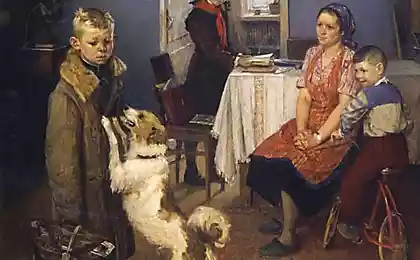152
How to teach children to respect their parents
No wonder there is a commandment that one should “honor his father and mother,” and everyone seems to agree with it. But in life it happens differently, and mutual grievances often put an end to the trusting relationship between parents and children. So how do we avoid that?
And today's edition. "Site" It will tell you how to teach a child from an early age to honor his parents, so that in adult life his attitude to the elderly mother and father was still as reverent. It is perfectly normal to show respect, love and care To the closest people.
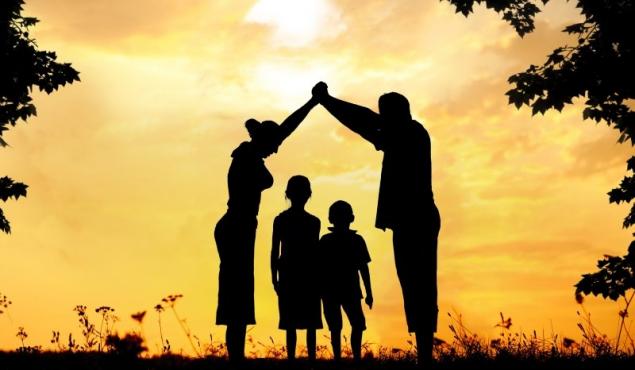
To respect another person means to recognize their dignity and at the same time know that you are also worthy of respect. This ability develops in early childhood, and therefore the role of parents here is difficult to overestimate.

To teach a child to respect others, a mother and father should start with themselves. Even simply demonstrating to the child that parents respect his opinion and listen to him, they take a big step to ensure that he himself learns to respect.
Demonstrate this to your child with simple examples where there is a clear causal relationship: “We don’t make noise because grandparents/brothers/neighbors are tired and resting, and we respect their right to rest” or “I ask you to put the toys back in place because we value each other’s work, and it’s unfair when you throw and I collect.”
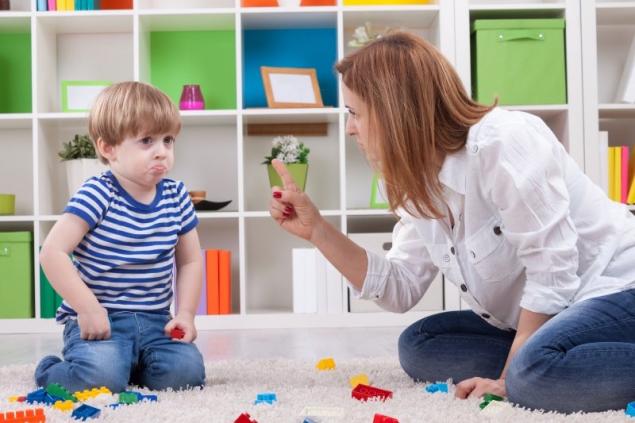
Go and respect the boundaries of your child. And if you want a child to knock before breaking into your room, knock on his door before entering. A child has a right to personal space, too, and by respecting that, you help him learn to respect you. It's to respect, not be afraid of your screams or your belt.
It is especially worth paying attention to the relationship between mother and father, because this is the model of behavior that will become a role model for a child. And if the father opens the door to the mother or helps to put her coat, then it is unlikely that such parents will be called to school because their tomboy offends classmates.
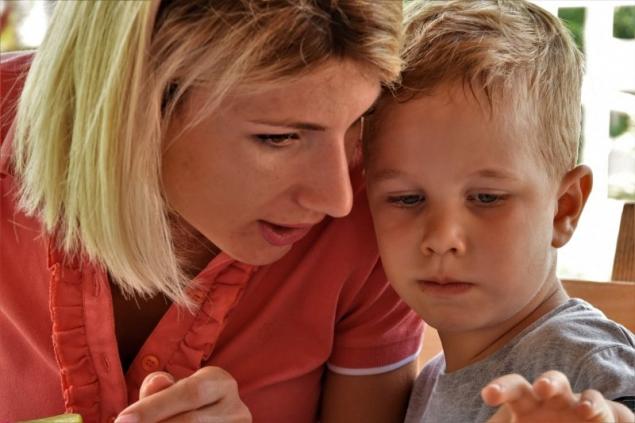
In addition to a personal example, it is also worth explaining to the child why in a certain situation it is better to do just that, and not otherwise. Be sure to learn to say “thank you” and “please”, explain why you should apologize if you accidentally stepped on someone’s foot or pushed. And it is better if the example of parents will see that it really works.
Make a list of what to do and what not to do under any circumstances. A child from an early age must understand that it is impossible to rude adults, that it is forbidden to use obscene words. But if the parents do not adhere to the same prohibitions, then the child will have a sense of injustice.

It is important to understand that politeness and knowledge of etiquette are not given at birth, but are acquired in the process of socialization. And it is the parents, not the kindergarten, the school or the friends on the street, who have to explain what is good and what is bad.
Already in the younger preschool age, the child is able to master the elementary rules of behavior at a party, in transport, at the dinner table, in public places, as well as learn how to greet and address elders on “you”.
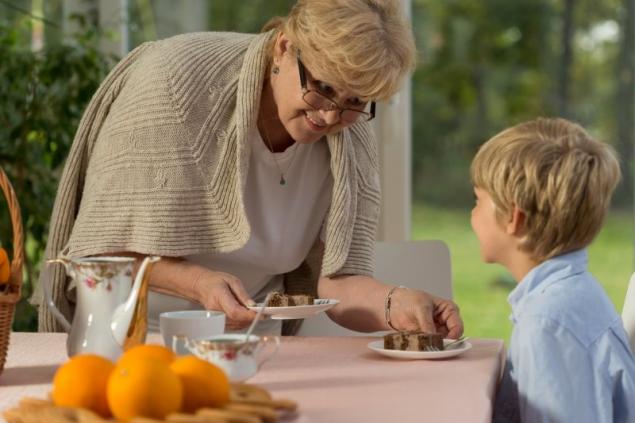
Another important aspect of building trusting and respectful relationships between parents and children is mutual assistance. After all, from the first years of life, a child can perform some household chores, and with age this list should only grow.
And if the parent is grateful, the child’s zeal for help increases. Therefore, you should not do everything for children, making them indifferent observers. Better involve them in household chores and be patient with mistakes, then mutual respect and love They will live in your relationship forever.
And today's edition. "Site" It will tell you how to teach a child from an early age to honor his parents, so that in adult life his attitude to the elderly mother and father was still as reverent. It is perfectly normal to show respect, love and care To the closest people.

To respect another person means to recognize their dignity and at the same time know that you are also worthy of respect. This ability develops in early childhood, and therefore the role of parents here is difficult to overestimate.

To teach a child to respect others, a mother and father should start with themselves. Even simply demonstrating to the child that parents respect his opinion and listen to him, they take a big step to ensure that he himself learns to respect.
Demonstrate this to your child with simple examples where there is a clear causal relationship: “We don’t make noise because grandparents/brothers/neighbors are tired and resting, and we respect their right to rest” or “I ask you to put the toys back in place because we value each other’s work, and it’s unfair when you throw and I collect.”

Go and respect the boundaries of your child. And if you want a child to knock before breaking into your room, knock on his door before entering. A child has a right to personal space, too, and by respecting that, you help him learn to respect you. It's to respect, not be afraid of your screams or your belt.
It is especially worth paying attention to the relationship between mother and father, because this is the model of behavior that will become a role model for a child. And if the father opens the door to the mother or helps to put her coat, then it is unlikely that such parents will be called to school because their tomboy offends classmates.

In addition to a personal example, it is also worth explaining to the child why in a certain situation it is better to do just that, and not otherwise. Be sure to learn to say “thank you” and “please”, explain why you should apologize if you accidentally stepped on someone’s foot or pushed. And it is better if the example of parents will see that it really works.
Make a list of what to do and what not to do under any circumstances. A child from an early age must understand that it is impossible to rude adults, that it is forbidden to use obscene words. But if the parents do not adhere to the same prohibitions, then the child will have a sense of injustice.

It is important to understand that politeness and knowledge of etiquette are not given at birth, but are acquired in the process of socialization. And it is the parents, not the kindergarten, the school or the friends on the street, who have to explain what is good and what is bad.
Already in the younger preschool age, the child is able to master the elementary rules of behavior at a party, in transport, at the dinner table, in public places, as well as learn how to greet and address elders on “you”.

Another important aspect of building trusting and respectful relationships between parents and children is mutual assistance. After all, from the first years of life, a child can perform some household chores, and with age this list should only grow.
And if the parent is grateful, the child’s zeal for help increases. Therefore, you should not do everything for children, making them indifferent observers. Better involve them in household chores and be patient with mistakes, then mutual respect and love They will live in your relationship forever.















